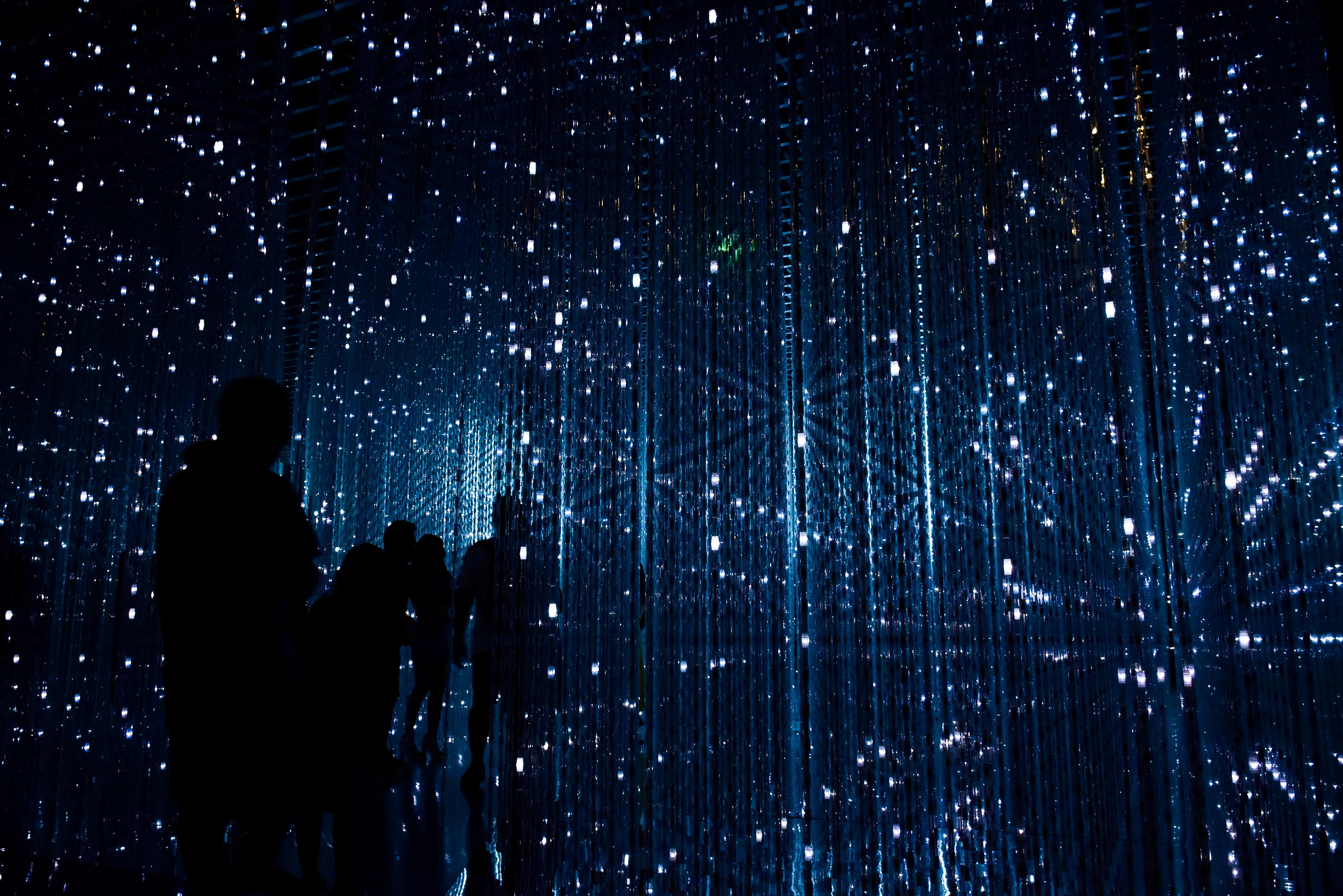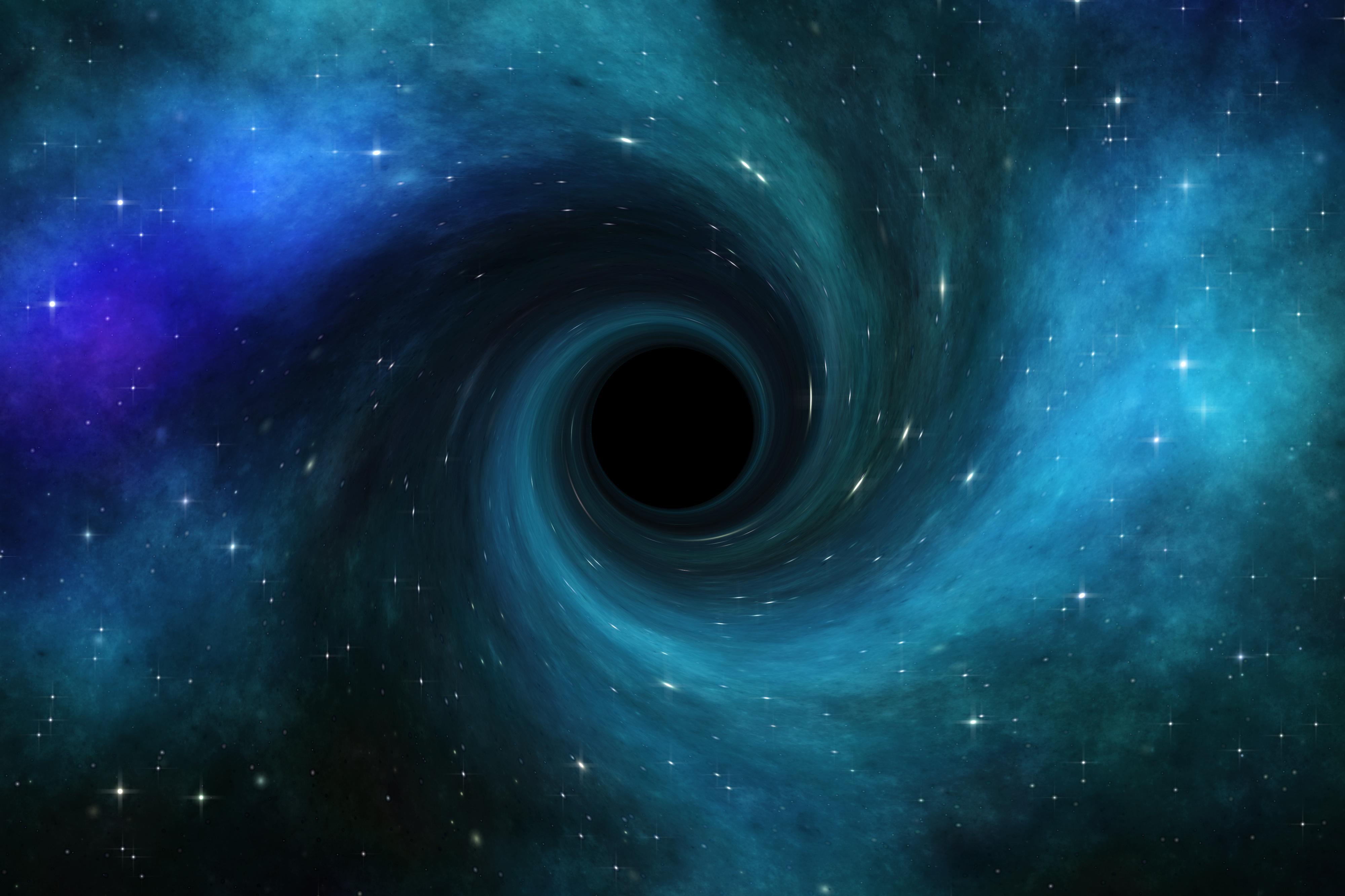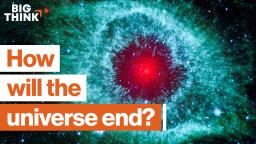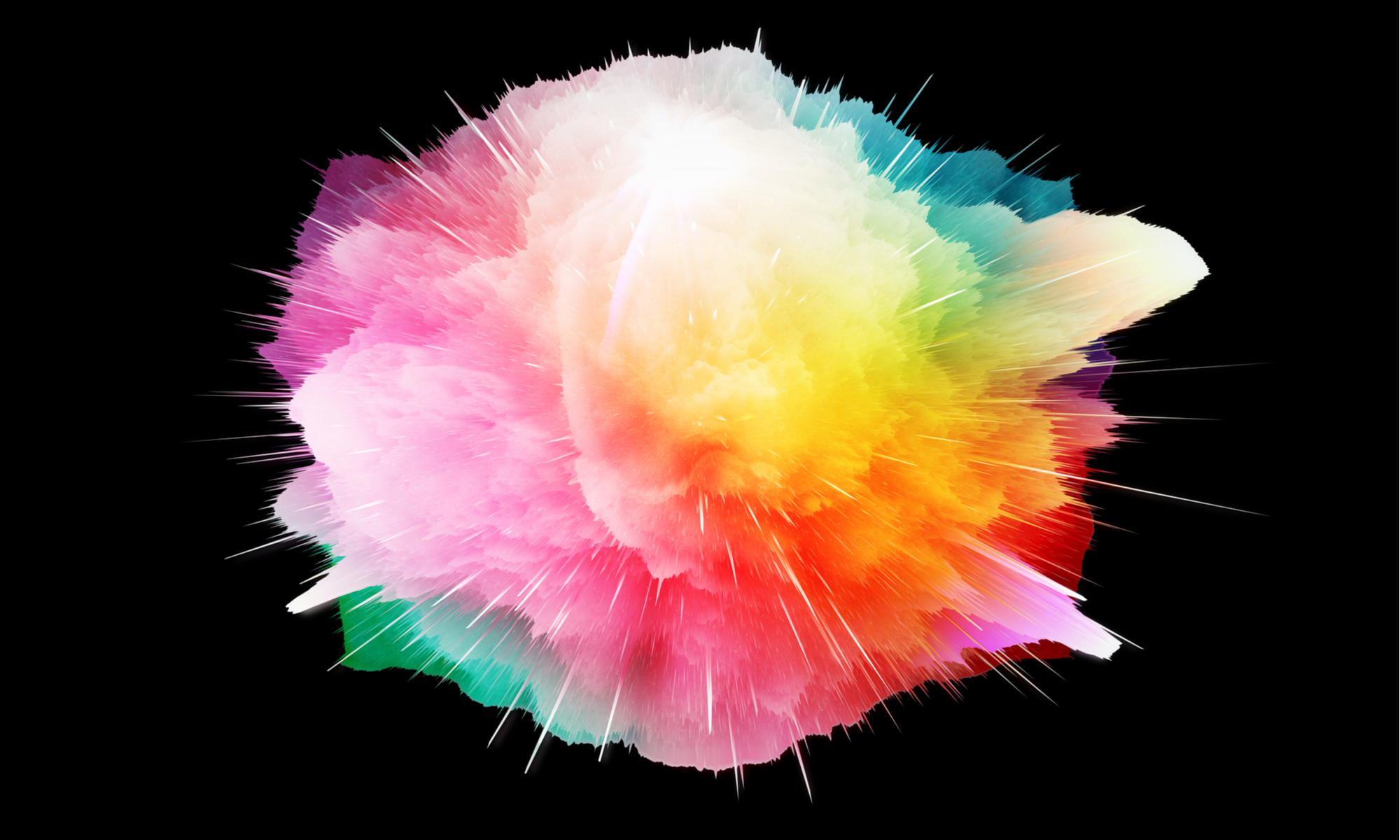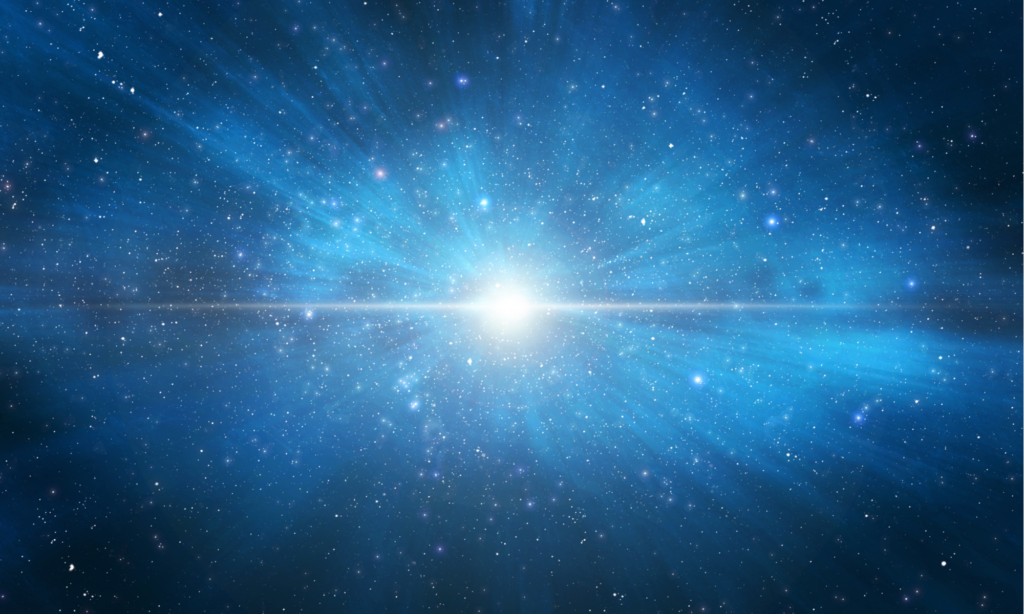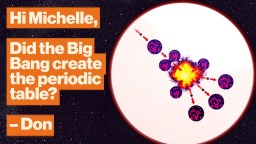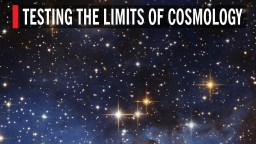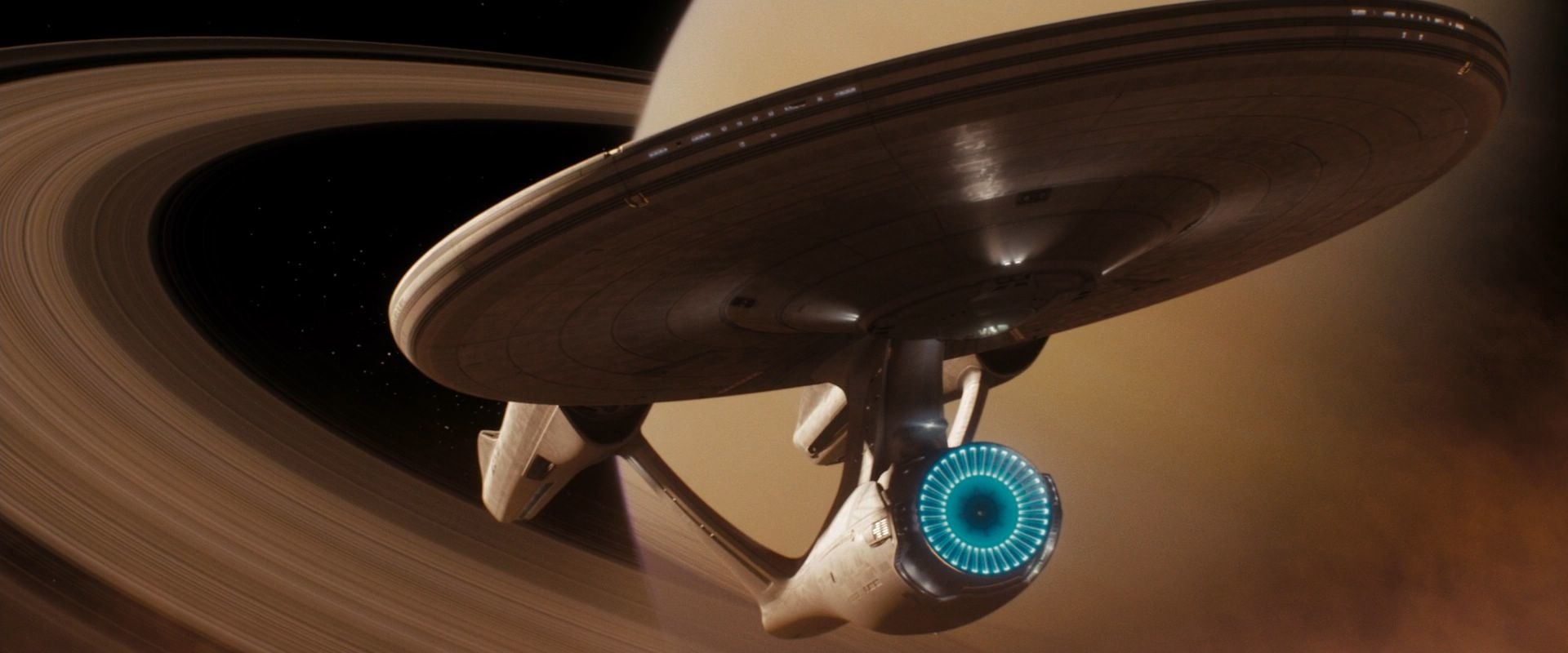big bang
If the laws of physics are symmetrical as we think they are, then the Big Bang should have created matter and antimatter in the same amount.
A new study proposes that Hawking radiation could be used to find dark matter in places like primordial black holes.
The controversy over the universe’s expansion rate continues with a new, faster estimate.
Identifying primordial ripples would be key to understanding the conditions of the early universe.
The expansion of the universe is speeding up—contrary to what many physicists expected. A “heat death” is coming, but it’s not what you think.
▸
7 min
—
with
Sir Roger Penrose claims our Universe has been through multiple Big Bangs, with more coming — a claim that is not widely accepted within the cosmology community.
Astronomer Michelle Thaller schools us on what atoms really look, the Big Bang theory, and the speed of light.
▸
9 min
—
with
Researchers from Japan add a new wrinkle to a popular theory and set the stage for the formation of monstrous black holes.
Why did the dinosaurs go extinct? Because they didn’t have a space program.
▸
4 min
—
with
A new study rocks prevailing theories on antimatter in the early Universe.
These needles in the vast galactic haystack take more effort to find, but they help piece together our origins.
▸
7 min
—
with
The idea that celestial objects exist within utterly immense cosmic structures is becoming inescapable.
Archetypes of creation and the origin of all things.
A new paper suggests a primordial black hole may be making things weird at the edge of our solar system.
Our ability to make predictions about the future distinguishes our level of consciousness.
▸
6 min
—
with
Our first “Ask a Scientist” feature is all about the ever-growing universe.
When it comes to theories of the universe, the Big Bang theory is almost accepted as a fact. However, it’s still uncertain, and some scientists believe that the universe didn’t began with a bang, but a bounce.
When you zoom far enough out, our universe has a very unusual structure.
The periodic table was a lot simpler at the beginning of the universe.
▸
6 min
—
with
New research based on observational data from the Spitzer telescope provides clues as to how the universe first emerged from its dark age.
What if all planets were the same distance from Earth as the Moon?
A new method promises to capture an elusive dark world particle.
If the universe is expanding in all directions, why is Andromeda hurtling toward the Milky Way?
▸
4 min
—
with
Physicists attempt to answer some of science’s biggest questions about the universe.
▸
with
NASA’s Michelle Thaller explains how an accidental discovery led to the 1978 Nobel Prize in Physics.
▸
2 min
—
with
In theory, we could use high-energy lasers to make our own artificial black holes, potentially capturing the enormous energy they emit.
A new study may change the face of astrophysics.
Star production peaked three billion years after the Big Bang.
Matter from the first few microseconds after the Big Bang.
NASA’s Michelle Thaller explains why the term ‘Big Bang’ is misleading, and how to best imagine the shape of the universe.
▸
4 min
—
with
